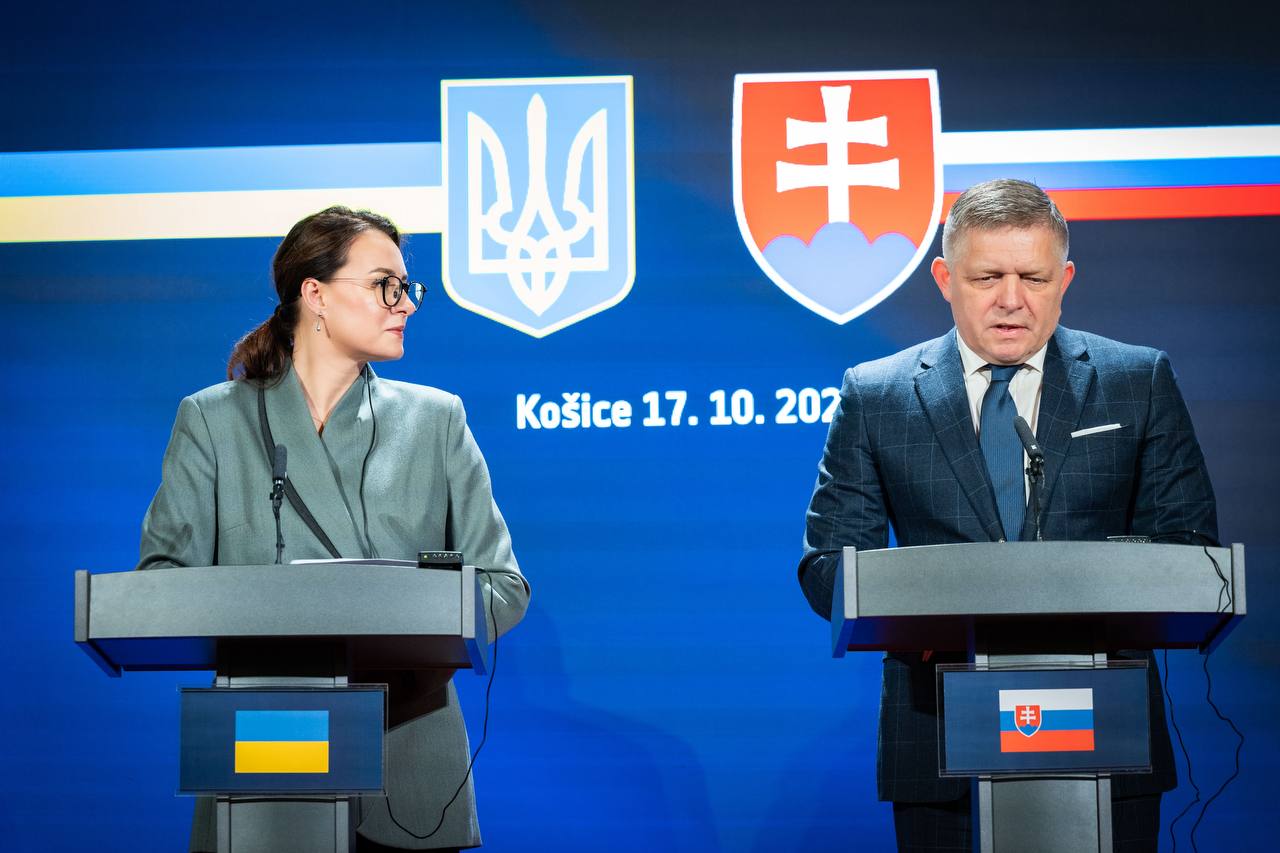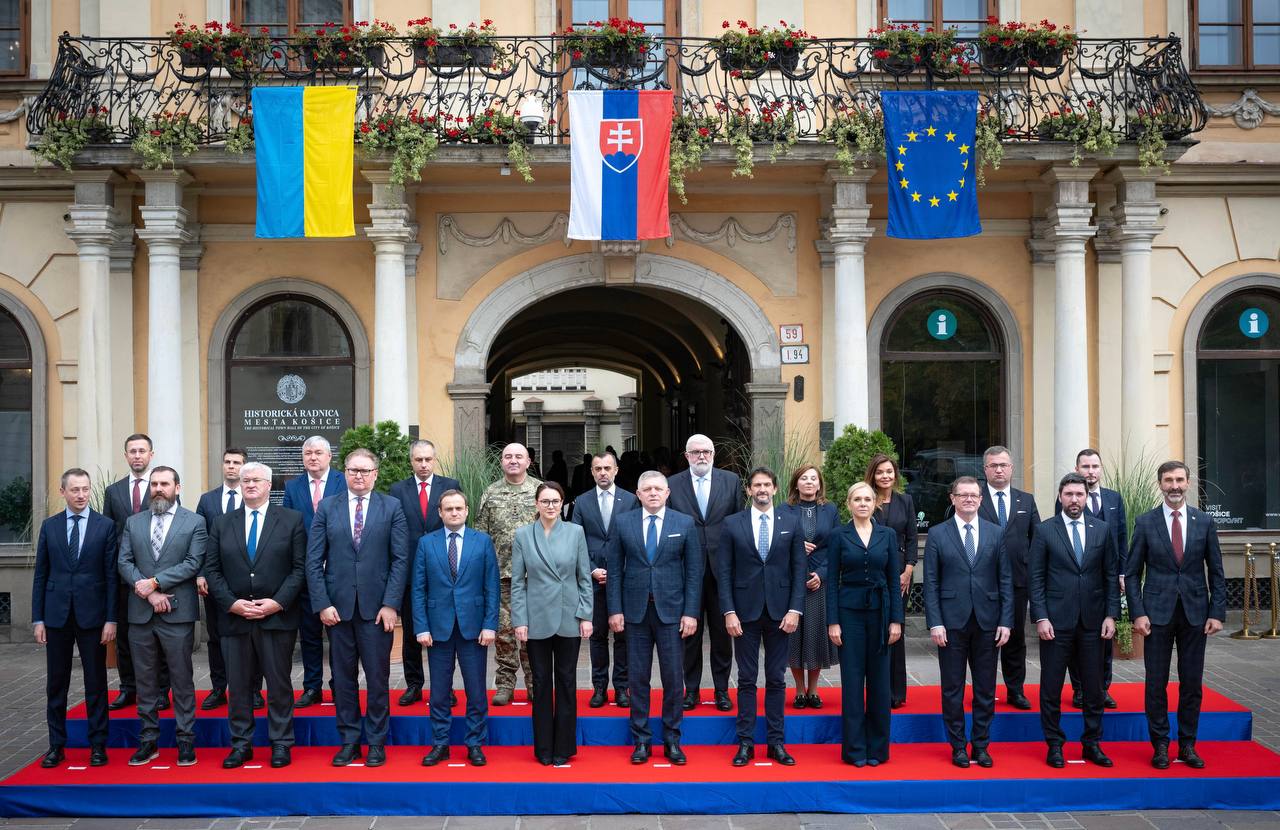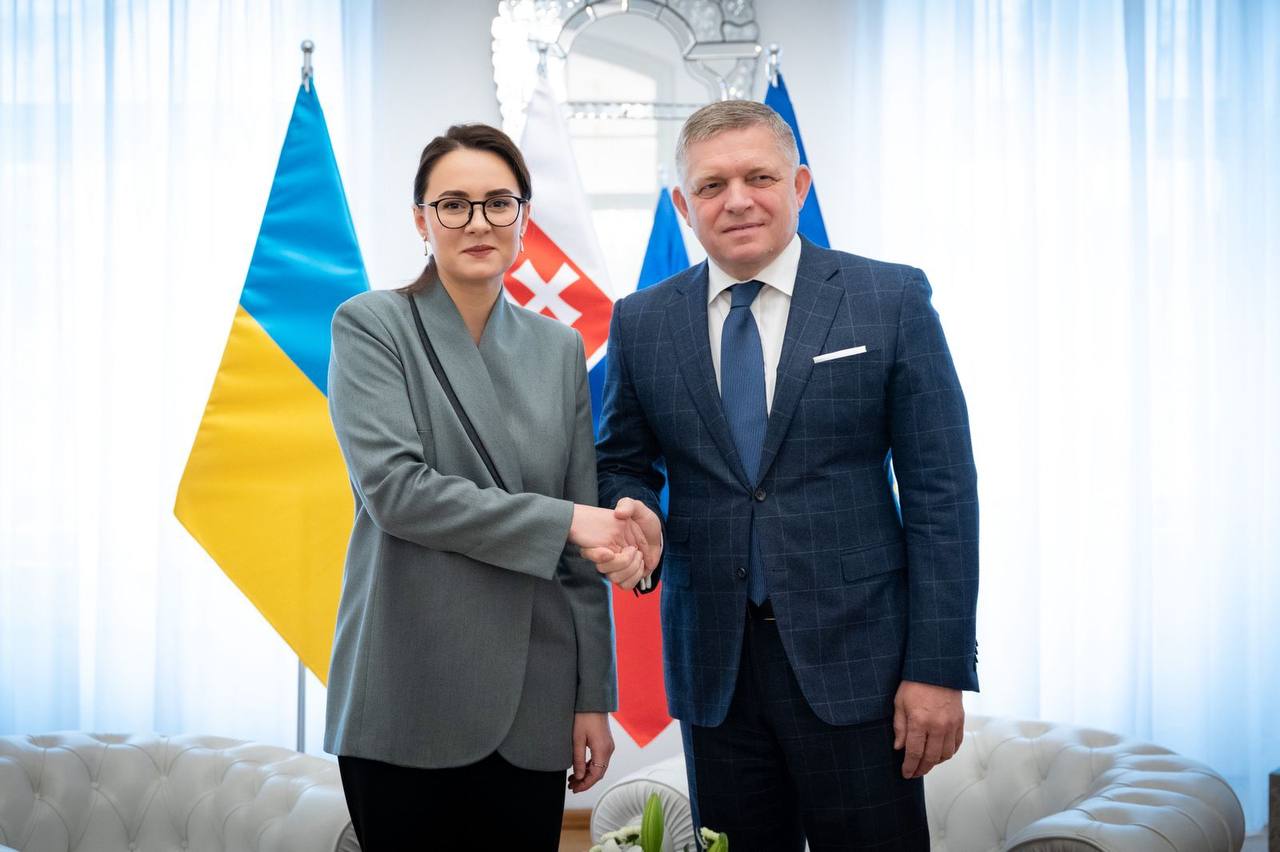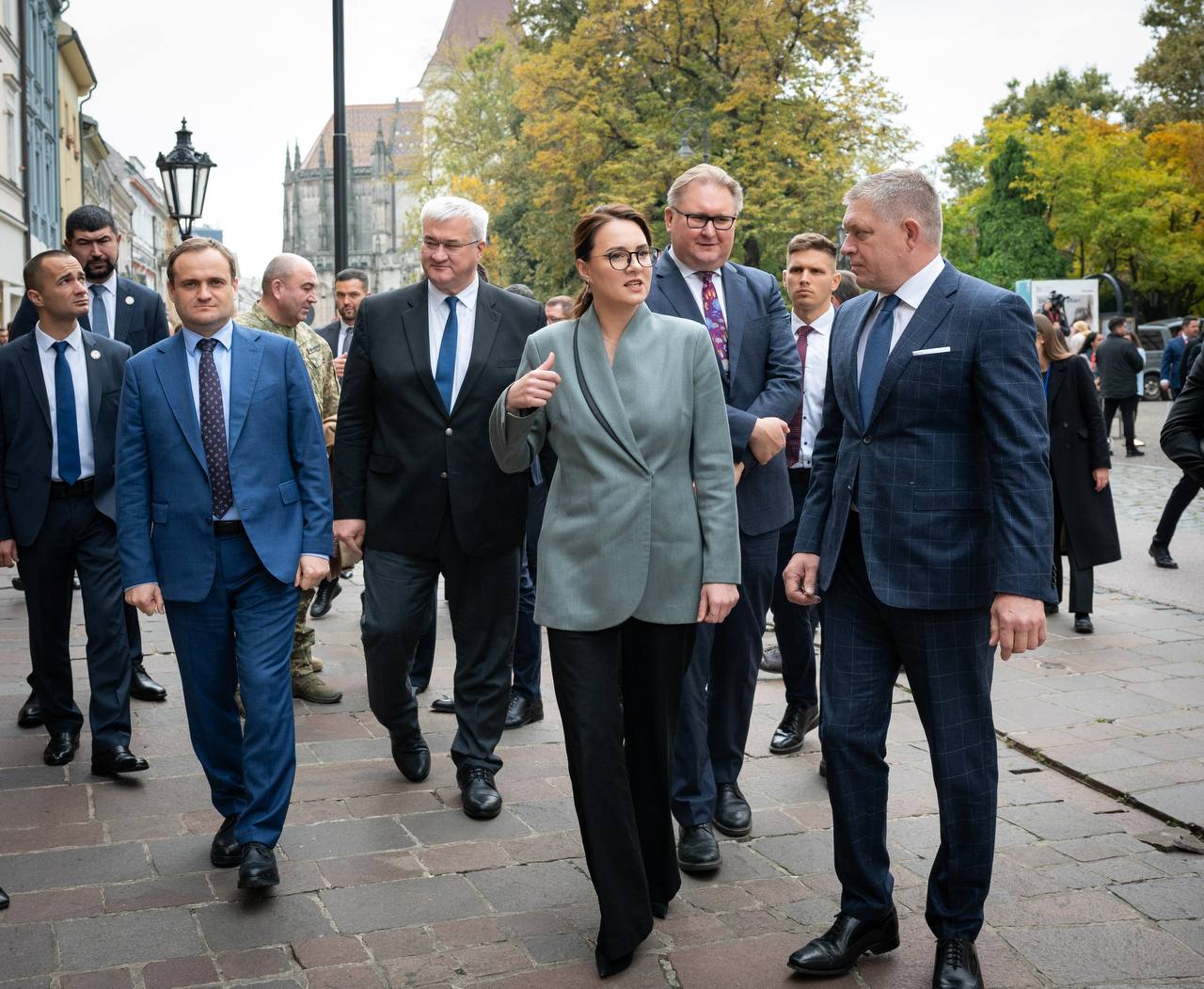Slovakia Pledges €800,000 to Support Ukraine’s Energy and Shelter Projects

Following the third round of intergovernmental consultations, Ukraine and Slovakia agreed to strengthen their bilateral partnership, focusing on energy security, civil protection, and humanitarian support.
The Gaze reports on it, referring to Deutsche Welle.
During the meeting, the parties signed four bilateral agreements covering cooperation in the areas of labor migration, financial and technical assistance, border infrastructure, and diplomatic missions.

In particular, Ukraine and Slovakia agreed to open a pedestrian and bicycle crossing between Uzhhorod and Vyšné Nemecké, as well as to expand the capacity of the Maly Berezny-Ublia crossing point.
Slovakia announced that it would provide Ukraine with assistance totaling €800,000. Of this amount, €500,000 will be allocated to energy equipment to support the Ukrainian power system after Russian attacks, and €300,000 will be allocated to the construction of shelters in schools in frontline regions.

The Ukrainian side expressed its gratitude for this support, as well as for the recreation programs for Ukrainian children in Slovakia.
“We are interested in fostering pragmatic, mutually beneficial, and good-neighborly cooperation between Ukraine and Slovakia,” wrote Andrii Sybiha on social media platform X.

During the talks, special attention was paid to issues of sanctions, defense cooperation, and future security guarantees for Ukraine. Bratislava confirmed its readiness to contribute to the formation of a new European security architecture, supporting Ukraine's sovereignty and its integration into the EU.
Among humanitarian initiatives, it was agreed to open a Consulate General of Ukraine in Prešov by the end of the year and to establish the first bilingual Ukrainian school in Bratislava in 2026.
The next round of intergovernmental consultations will be held in Ukraine.
As The Gaze informed earlier, Slovak Prime Minister Robert Fico reaffirmed Bratislava’s support for Ukraine’s EU membership, emphasizing that it would enhance regional stability and bilateral cooperation.